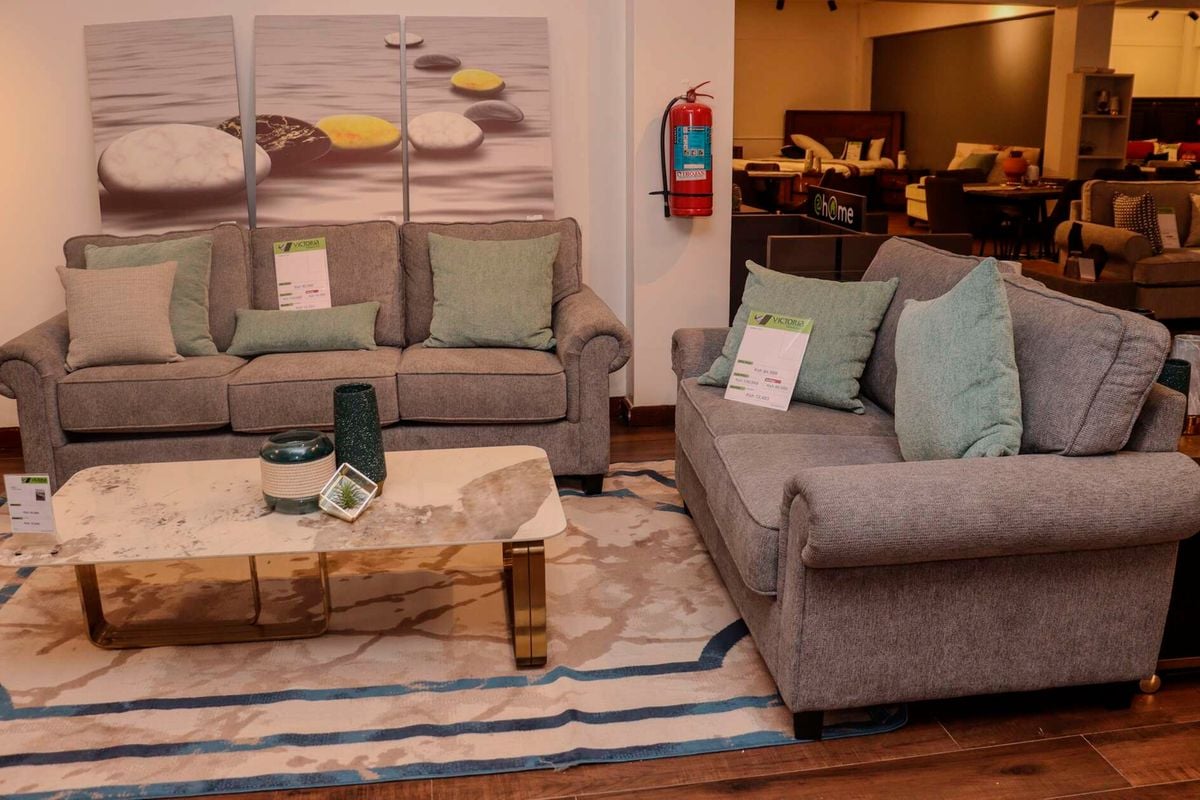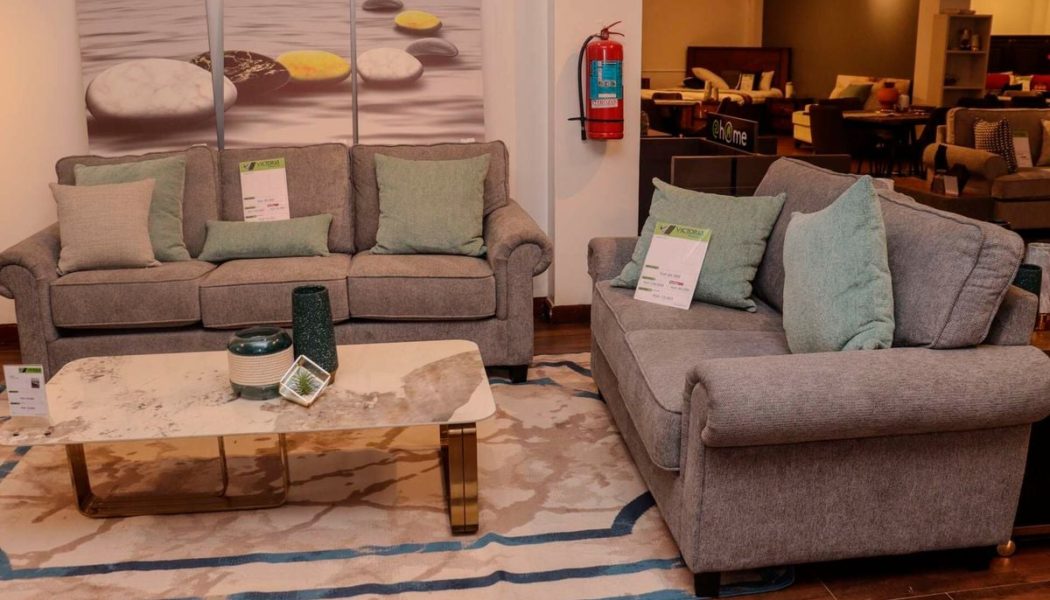
Expenditure on furniture ordered from foreign countries by Kenyan traders and households has continued to grow by double-digit rates despite increased taxation and government directives requiring agencies to cut imports.
About Sh8.69 billion was spent on furniture, beddings, mattresses, and furnishes in the nine months through March 2024 following the application of 45 percent import duty in July last year, the latest numbers show.
The expenditure represents a growth of 13.08 percent over Sh7.68 billion in a similar period the year before, according to data collated by the Kenya National Bureau of Statistics (KNBS).
This is despite furniture being amongst the imports that President William Ruto’s administration targeted in the Finance Act 2023 in a bid to boost the purchase of locally manufactured goods and create jobs for a growing number of jobless skilled and unskilled youth.
“In this budget [for the financial year ended June 2024], we have imposed [higher] taxes … on imported fish, furniture, steel, cement [et cetera] because we want to grow our own manufacturing capacity. By growing our own manufacturing capacity, we grow jobs,” Dr Ruto said following the enforcement of Finance Act 2023. The Act, the first for the Ruto administration which took office in September 2022 partly on a pledge to promote small-scale informal ventures, raised import duty on furniture from 35 percent to 45 percent.
The administration further slapped an excise duty of 30 percent on imported furniture after attempts in previous years had failed to sail through the National Assembly.
“I’m impressed that furniture here is from our local manufacturers. As Parliament after passing the necessary legislation on matters promoting local manufacture have taken the lead in living up to that aspiration yourselves,” Dr Ruto said on April 25 when he opened the Bunge Tower, which houses lawmakers’ offices.
Lawmakers had in June 2022, however, shot down a proposal to impose a 30 percent excise duty on imported furniture.
Local manufacturing
“To put local furniture manufacturers at a competitive advantage, the furniture industry should be looked at wholesomely to identify factors that increase the cost of production in the country,” the National Assembly Finance and Planning Committee, then led by Gladys Wanga (now Homa Bay county governor), said in the report to the House.
Imports exclude those from the seven-nation East African Community trading bloc, which is considered a single market under the Customs Union Protocol of 2005.
The importers are further subjected to a 16 percent value-added tax, a 2.25 percent import declaration fee (IDF), and a 1.5 percent railway development levy.
Successive governments have in the past tried to make the importation of furniture costly and less competitive to spur demand for locally made products.
The previous administration of Uhuru Kenyatta had in 2020, for example, directed all government ministries, departments, and agencies to restrict the purchase of furniture to “locally manufactured products”.
Tendering process
Manufacturers have, however, cried foul play over the years, claiming that domestic suppliers usually present samples of local products during the tendering process, only to jump onto a flight to India and China to source for the same when they land fat State deals.









